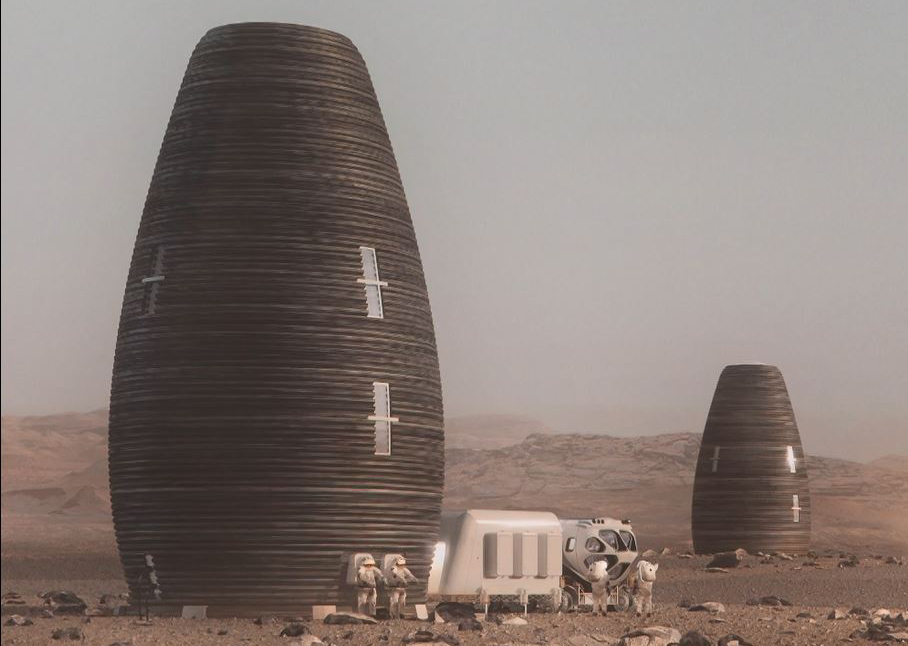The Right Mix of Pioneers for a Thriving Mars Colony
Creating a sustainable colony on Mars is no easy feat, and new research suggests that you might need fewer people than previously thought. While earlier estimates put the minimum number at 110 individuals, a recent study indicates that as few as 22 pioneers could establish a successful Mars colony. However, there’s a catch – it’s not just about the numbers; the personalities of the colonists matter significantly.
Smaller But Well-Balanced
In the world of Mars colonization, the phrase “the more, the merrier” doesn’t necessarily apply. With each additional member, the cost of the journey and the resources needed for survival increase. The study, which is yet to undergo peer review, emphasizes the importance of selecting the right mix of personalities for long-term success.
Personality Matters
Researchers used agent-based modeling, a simulation technique, to study how different personality types would interact in the isolated Martian environment. They identified four personality types:
- Agreeables: Low competitiveness, low aggression, and low fixation on routine.
- Socials: Moderately competitive, value social interaction, but also have low routine fixation.
- Reactions: Moderately competitive, value social interaction, and are fixated on routine.
- Neurotics: Highly competitive, socially aggressive, fixated on routine, and prone to boredom.
Also Read: A 100-Year-Old African Tortoise Was Rescued From A Canal And Returned To Its Family.
Survival of the Agreeable
The simulations revealed that the agreeable personality type consistently performed the best and was more likely to endure the challenges of life on Mars. This type exhibited the highest coping capability, which proved invaluable in handling the stressors and accidents that can occur in a space habitat.
Neurotics Pose a Challenge
Conversely, neurotics represented a challenge within the simulation. They had a higher mortality rate compared to other personality types, causing a population decline. It was only when the number of neurotics decreased significantly that the population stabilized.
Learnings from Earth’s Extremes
To gain insights into the stresses and challenges of isolated environments, the research team studied human experiences in places like Antarctica, submarines, and the International Space Station.
Population Size Matters
A critical aspect of sustaining a Mars colony is having enough people to manage essential tasks like air, water, and food production, waste removal, and accident recovery. The simulations determined that a starting population of 22 individuals was the minimum required to maintain a colony of over 10 people after 28 years. Each initial group included an equal number of each personality type.
NASA’s Careful Selection Process
Fortunately, NASA already takes personality into account when selecting astronauts, conducting thorough assessments to ensure compatibility for long-duration missions.
The Human Factor in Mars Planning
In conclusion, establishing a thriving Mars colony isn’t just about technology and resources. Personality dynamics play a crucial role in determining success. As we inch closer to a crewed mission to Mars, understanding these nuances becomes vital in planning for the challenges that lie ahead.
Also Read: Aditya L1 Launch: India’s First Solar Mission Soars To Success!







